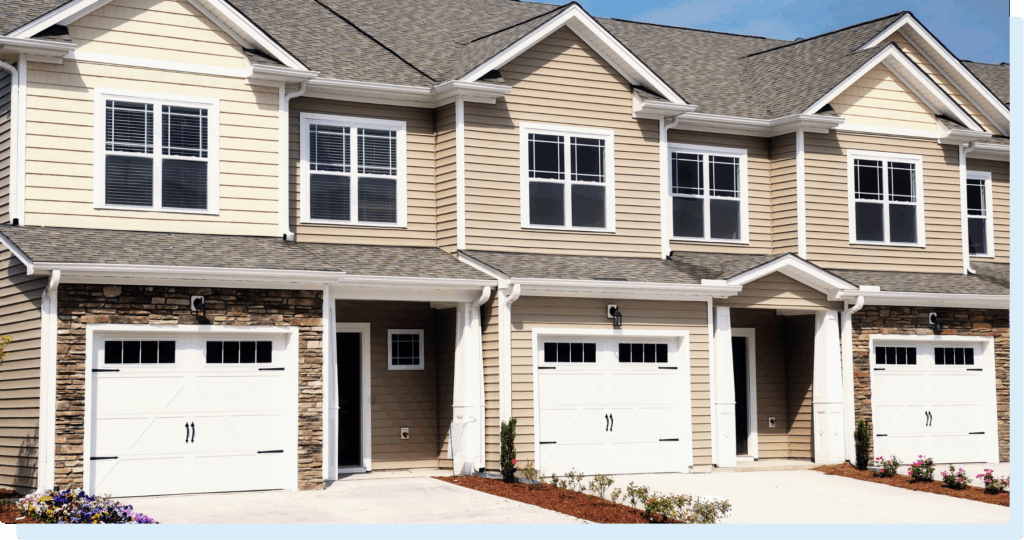Most neighbor disputes feel personal.
But when you live in a shared building or a small homeowners association, those tensions can quickly escalate – turning a conversation about noise or parking into a full-blown legal conflict.
In a recent HOA mediation, three homeowners came to the table after months of frustration. They didn’t agree on much, except that something had to change.
Here is the story of how a dispute over everyday issues like quiet hours and patio access turned into an opportunity for long-term resolution, thanks to the flexibility of mediation.

The Challenge: Shared Walls, Shared Spaces, and No Shared Expectations
The case involved a small HOA with just three units, where neighbors live in close proximity with shared walls and common areas. That closeness magnified every issue.
The complaints included:
- Noise between units, including late-night foot traffic
- Disagreements over use of the common patio and BBQ area
- Frustration about inconsistent HOA meetings and special meeting demands
- Concerns about guests and occupancy limits
Each homeowner had their own list of grievances. And over time, those grievances hardened into a pattern of mistrust.
The Resolution: Better Rules, Better Communication, and a Shared Spreadsheet
The parties spent a full day in mediation, in person. And slowly, a path forward started to take shape.
Ultimately, the parties agreed to revise the HOA’s CC&Rs (covenants, conditions, and restrictions) to reflect the realities of their shared living situation.

Their agreement included:
- Revised quiet hours for evenings and weekends
- A commitment to install motion-activated lights and security cameras in the common areas
- A shared online spreadsheet for reserving the patio and BBQ area
- A promise by one owner to install carpeting with thicker padding
- A plan to hold consistent HOA meetings, eliminating the chaos of ad hoc ones
Each of these updates was small on its own. But together, they added up to a system that could actually work, one the neighbors had built together.
Why This Worked – and Why Mediation Made It Possible
This kind of solution wouldn’t come from a judge.
A court can rule on a violation or enforce a fine. But it can’t sit with people all day to hash out a custom system that works for their shared life.
That’s what mediation allows. It creates space for people to express their frustrations, reset their expectations, and build agreements that reflect real life.

If you’re stuck in a dispute with neighbors or within a shared housing arrangement, mediation could be the key to moving forward.
Set up a consultation with Windsor PLC to discuss what’s possible.
Frequently Asked Questions About Mediation
Can mediation solve neighbor disputes?
Yes. In fact, mediation is often more effective than court when it comes to interpersonal disputes like these. It’s confidential, collaborative, and allows the people involved to create ground rules they’re more likely to follow.
What kinds of solutions can be reached in HOA mediation?
Mediation can include anything the parties agree on in an HOA case, from quiet hours to renovation limits, shared calendars, or even guest policies. Mediation can result in updates to CC&Rs, new systems for communication, or practical fixes that courts simply can’t mandate.
Why can mediation be better than litigation for HOA conflicts?
Litigation can create winners and losers, but in shared living environments, the goal is often peaceful coexistence. Mediation is faster, less adversarial, and helps people find creative solutions they can live with day to day.
